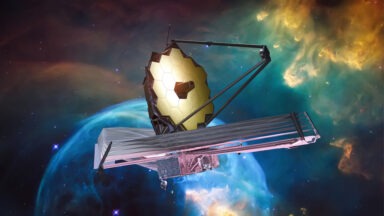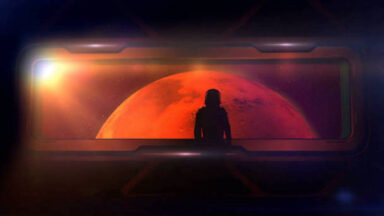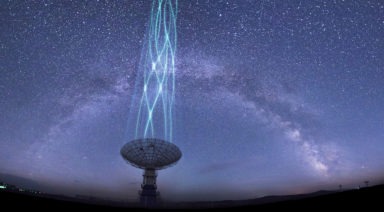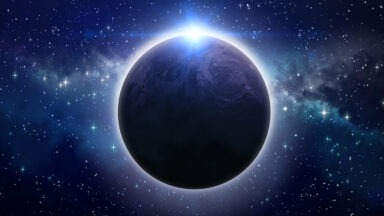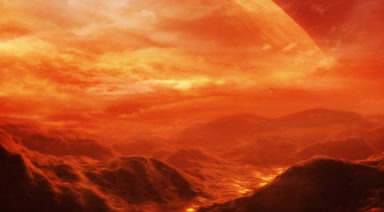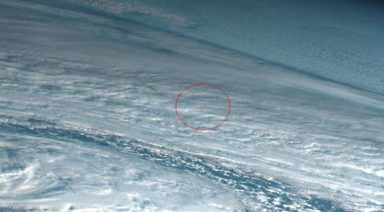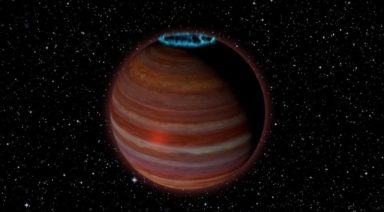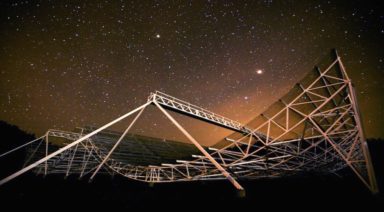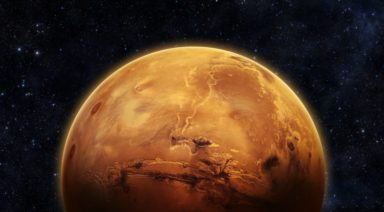Is The Universe One Big Interconnected Neural Network?

Is the universe an interconnected neural network? A new way of thinking is emerging about how different areas of physics and the universe could be connected to create a model that ties together traditional scientific thought with new ideas in quantum physics.
For years physicists have tried to unify classical and quantum physics. Classical physics goes back to the time of Sir Isaac Newton and is based on mechanical, physical equations; that everything operates like clockwork, predictably and knowably.
Quantum physics, on the other hand, looks at microscopic, subatomic scales and how they interact at the levels of particles, waves, and forcefields. But the fundamental laws of physics at this quantum level are the antithesis of their behavior at the classical level. Instead of certainty, you have uncertainty. So how do we connect these different views with a so-called “Theory of Everything”?
A recent paper by University of Minnesota Duluth Physics Professor Vitaly Vanchurin, argues that this seeming paradox can exist if the universe is connected in a neural network.
Learn more:
Defying Physics by Breaking the Laws of Thermodynamics

As modern and rational beings, we have come to rely on certain irrefutable natural laws. The sun rises and sets. The planet rotates around the sun. Out of all of these, the laws of physics and thermodynamics, a branch of physics, have defined humans’ relationship to heat, temperature, energy, work, radiation, and matter. But what happens when the laws of physics are defied? Such may be the case with instances in which scientists claim to have broken the laws of thermodynamics.
But before we dive into these cases, it’s important to understand the actual laws, so we can better understand the ways in which they might be broken.
The Laws of Thermodynamics
What is the definition of thermodynamics? Simply put, thermodynamics is a branch of physics that deals with the relationships between heat and other forms of energy. In particular, it describes how thermal energy is converted to and from other forms of energy and how it affects matter. Thermodynamics is widely applied in a number of engineering disciplines and meteorology, as well as evolutionary psychology, statistical mechanics, and even economics. Central to thermodynamics are four laws:
- First Law is known as the law of conservation of energy, in which energy can be transformed, but it cannot be created or destroyed. The first thermodynamic law relates to a containment of energy
- Second Law defines a closed system in which isolation, or entropy occurs and stays constant, or increases, unless there is an outside force or influence at play. To simplify this concept, think of your morning coffee that loses its heat by the third sip, is entropy in action in our everyday life.
- Third Law is the law of “absolute zero,” the temperature of −273.16°C (−459.69°F), or the coldest temperature possible where no heat exists. It is believed that the state of absolute zero is unattainable.
- Zeroth Law, the fourth law, states that if two thermodynamic systems are in thermal equilibrium with a third system, then the two systems are also in thermal equilibrium with each other.






